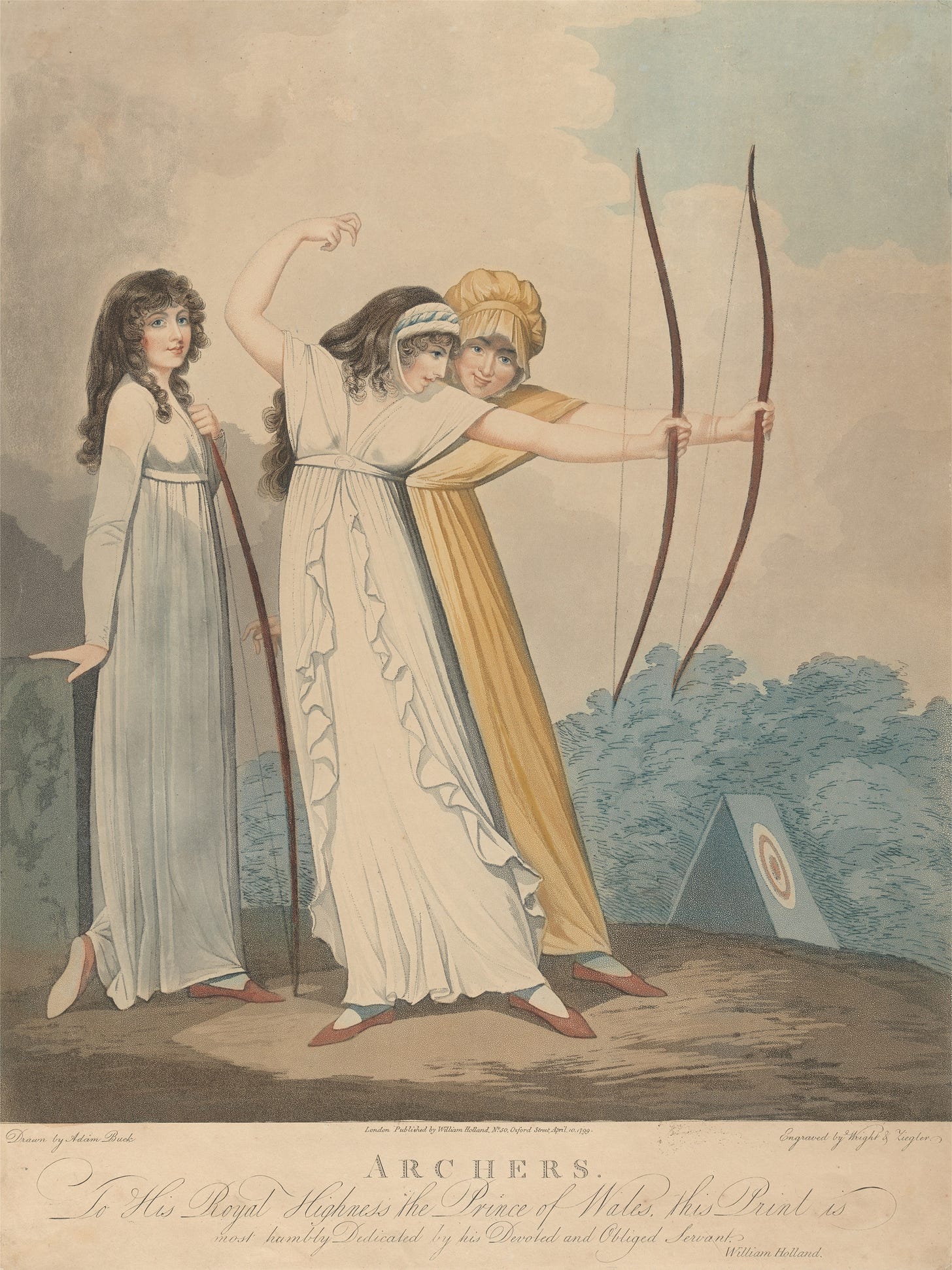Are you distracted by bad thoughts? If you’re a normal adult male, if you are trying to improve your eating or change bad habits, if you are just trying not to use bad language, you will find yourself oppressed by bad thoughts, when you least want them.
Christians experience these thoughts as temptations, as motives to sin, which in Greek is hamartia, missing the mark. We often don’t act as we should act, and we know it, which leads to a great puzzle: how is it possible for a rational human being to act in a way contrary to his conscience? The judgment of reason on the rightness of action can just be ignored. Hamartia is a metaphor from archery. You hit the mark that you aim at. When we do wrong actions, we miss the mark because we aim at another mark.
St. Paul talks about this in Romans 7:19:
For I do not do the good I want, but the evil I do not want is what I keep on doing.
As they say, many such cases!
All actions aim at the good
You do actions in order to attain some good. This is a universal characteristic of rational human action. If you do something, it’s because you chose to do it, and you chose it in order to get some good. A ‘good’ is an apprehension of something, an action or object, the possession of which will bring you some pleasure or joy. In order for it to be an object of choice for you, it needs to be present to the intellect. You choose that which you know. You aim at the mark that you see.
Thoughts about thoughts
Isaiah the Solitary, a fifth century Christian hermit, says:
“When a man has an exact knowledge about the nature of thoughts, he recognizes those which are about to enter and defile him, troubling the intellect with distractions and making it lazy.”
What if you could think about your thoughts before you acted upon them? Here is the place for prayer, meditation, spiritual direction, or talk therapy. It allows you to think about your thoughts. By thinking about your thoughts, you can make them into objects, and then you can choose something else. Let’s do an example.
(For the record, I have no temptations to gamble. I have other vices!)
Say that I want to want to gamble. I experience a thought: “You could stop at the casino and play craps!” It’s true, I could. There’s a lot of casinos around here. This thought is presented to me as something good: I could win a lot of money! I could have fun! It’s a good thing, and good things are to be chosen.
I have another thought: I shouldn’t gamble. Money is tight, gambling is likely immoral, and it’s something I shouldn’t do. When I’m thinking clearly and not in the grips of temptation, I know this and remember it.
Right now, driving past the casino, I can’t remember the second thought. Am I doomed?
If I know the nature of thought, I may have some hope. In other words, if, like Isaiah the Solitary says, I can recognize the thoughts about the casino as bad, as a temptation, I can do some spiritual jiu-jitsu. I can take the Fun-win-gamble thought and put it an intellectual envelop called “temptation”. Now the good thought can be recognized as bad, and I have some hope in not choosing it. Gambling is no longer a mark worth aiming at, and I can choose the good, drive on by the casino, and go home.
Thinking about your thoughts can help you avoid acting on the bad ones.




